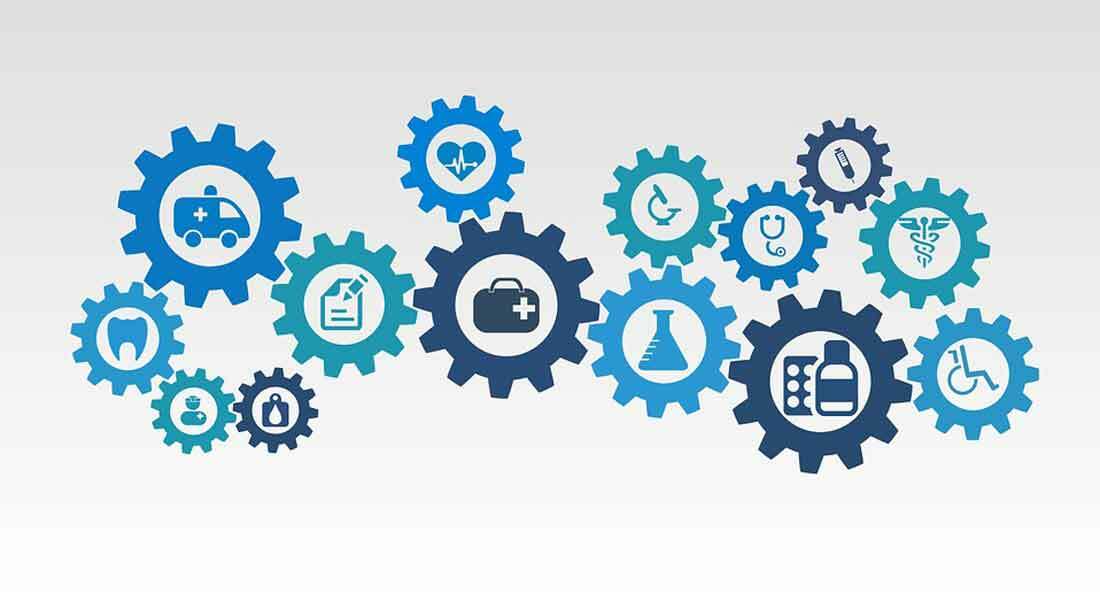
Go to the newsletter page and sign up to receive course dates, call for applications and other related programme news.

Over the last few decades, complex systems of accountability have been designed to increase transparency and build trustworthy relations between healthcare institutions, the pharmaceutical industry, patients and society as a whole. However, many of these systems have had the converse effect and do not always work as intended.
Dilemmas of transparency and trustworthiness are unavoidable when working in drug development. This course provides a space where you can debate real life cases with relevant stakeholders.
Pharmaceutical ethics awareness enables you to develop innovative ways to increase transparency and trustworthiness throughout the whole life cycle of a medicinal product. Understanding the different stakeholders’ perspectives and dilemmas, will provide you with better tools and arguments to put together a trustworthy regulatory dossier.
This course centres on topics that cover some of the contemporary dilemmas affecting transparency, ethics, communication and trustworthiness in the development, approval and use of pharmaceutical products. This is done by:
For more details about the course, please refer to the course curriculum.
The next course is not yet scheduled. Exact dates will follow.
The course is available every second year.
Please find the exam dates in the exam plan.
On completion of the course, you will be able to:
understand contemporary issues affecting transparency in the development, approval, accessibility and use of pharmaceutical products
take responsibility for developing innovative ways to increase transparency and trustworthiness throughout the whole life cycle of drug development using pharmaceutical ethics awareness
describe the basic principles within biomedical ethics, including perspectives of different stakeholders
identify and analyse ethical dilemmas for the pharmaceutical industry seen from a societal viewpoint
identify and produce timely communication of benefit-risk to relevant stakeholders.
You must meet the following criteria to be admitted to this course:
Find detailed information in the admission criteria on Master of Medicines Regulatory Affairs.
This course is offered as a compulsory course in the Master of Medicines Regulatory Affairs programme. Priority is given to students already enrolled. Once the enrolled students have been admitted to the course, the remaining seats are distributed on a first-come, first-served basis.
Master student: 11,250 DKK
Single course participant: 12,250 DKK
Master student: 13,050 DKK
Single course participant: 14,050 DKK
The fee includes lunch and coffee.
University of Copenhagen
Department of Pharmacy/
Department of Drug Design and Pharmacology
Universitetsparken 2
2100 Copenhagen
Denmark
Annette Villumsen
Study Administration Officer
master@sund.ku.dk
Tel: +45 35 33 60 66